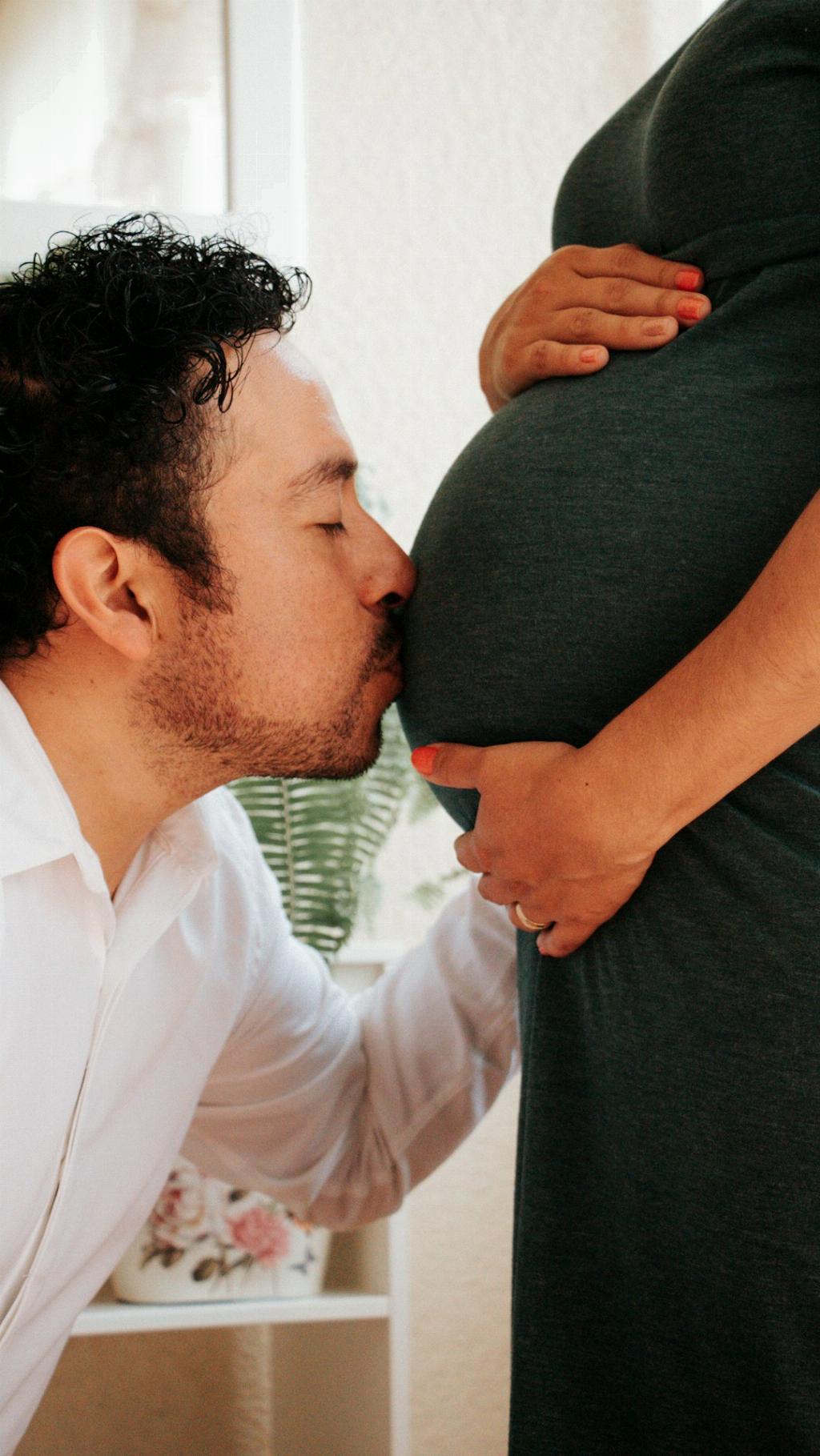Home pregnancy tests have become a reliable tool for women to confirm their pregnancy in the comfort of their own homes. One of the most common questions women have is how many weeks pregnant they should be before a home pregnancy test can accurately detect the presence of hCG, the pregnancy hormone.
How hCG Levels Rise in Early Pregnancy
Human chorionic gonadotropin, or hCG, is produced by the embryo once it implants in the uterus. Initially, hCG levels are low, but they rise rapidly in early pregnancy. This hormone is what home pregnancy tests detect to provide a positive result.
Timing of Home Pregnancy Test Accuracy
While some home pregnancy tests claim to detect pregnancy as early as six days after fertilization, it is generally recommended to wait until you’ve missed your period to achieve the most accurate result. Typically, this occurs around four weeks into pregnancy.
The Role of Sensitivity in Home Pregnancy Tests
Not all home pregnancy tests are created equal. Some tests are more sensitive than others, meaning they can detect lower levels of hCG in the urine. This increased sensitivity can allow for earlier detection of pregnancy, potentially before you’ve missed your period.
Factors Affecting Test Results
Several factors can influence the accuracy of a home pregnancy test, including the time of day you test, how diluted your urine is, and whether you follow the test instructions correctly. Waiting a few days after a missed period can help ensure a more reliable result.
Early Pregnancy Symptoms
Before taking a home pregnancy test, you may experience early pregnancy symptoms such as nausea, fatigue, breast tenderness, and frequent urination. These symptoms can vary from woman to woman and may not always indicate pregnancy.
Accuracy of Home Pregnancy Tests
Home pregnancy tests are highly accurate when used correctly. However, false negatives can occur if you test too early or if the test is expired. It’s essential to follow the instructions carefully and, if in doubt, consult with a healthcare provider.
Confirming Pregnancy with a Healthcare Provider
If you receive a positive result on a home pregnancy test, it is recommended to schedule an appointment with your healthcare provider. They can confirm the pregnancy through a blood test or ultrasound and provide essential prenatal care and guidance.
Emotional Impact of Pregnancy Testing
Waiting for the results of a home pregnancy test can be an emotional experience, regardless of the outcome. It’s essential to take care of your mental health during this time and seek support from loved ones or a professional if needed.
Next Steps After a Positive Result
Upon receiving a positive result on a home pregnancy test, you may have questions about what to do next. Your healthcare provider can help answer these questions, provide prenatal care recommendations, and support you throughout your pregnancy journey.
Celebrating a Positive Pregnancy Test
Receiving a positive result on a home pregnancy test can be an exciting moment for many women and their partners. It marks the beginning of a new chapter in your life, filled with anticipation, joy, and the miracle of new life.
Conclusion
In conclusion, home pregnancy tests can detect pregnancy as early as four weeks into gestation, when hCG levels are typically high enough to be detected. By following the test instructions, waiting until after a missed period, and seeking medical confirmation, you can confidently navigate the journey of pregnancy with knowledge and support.

